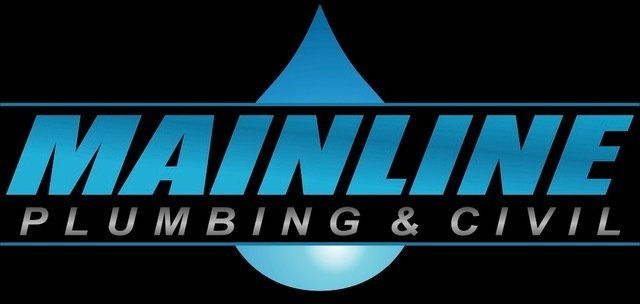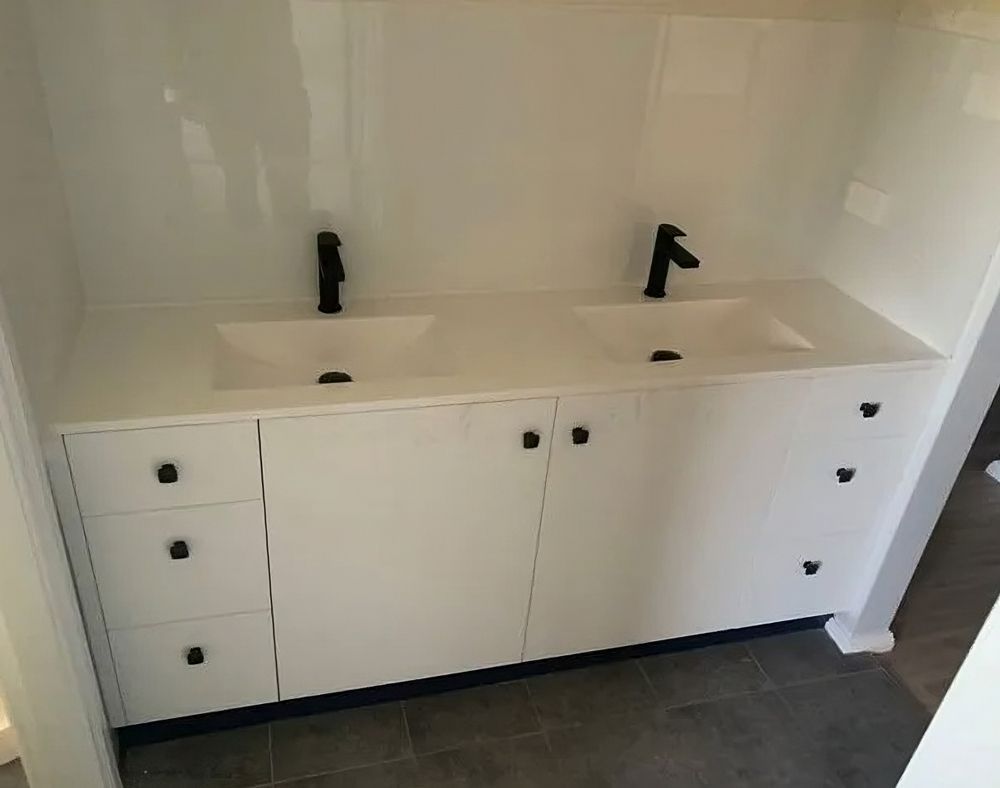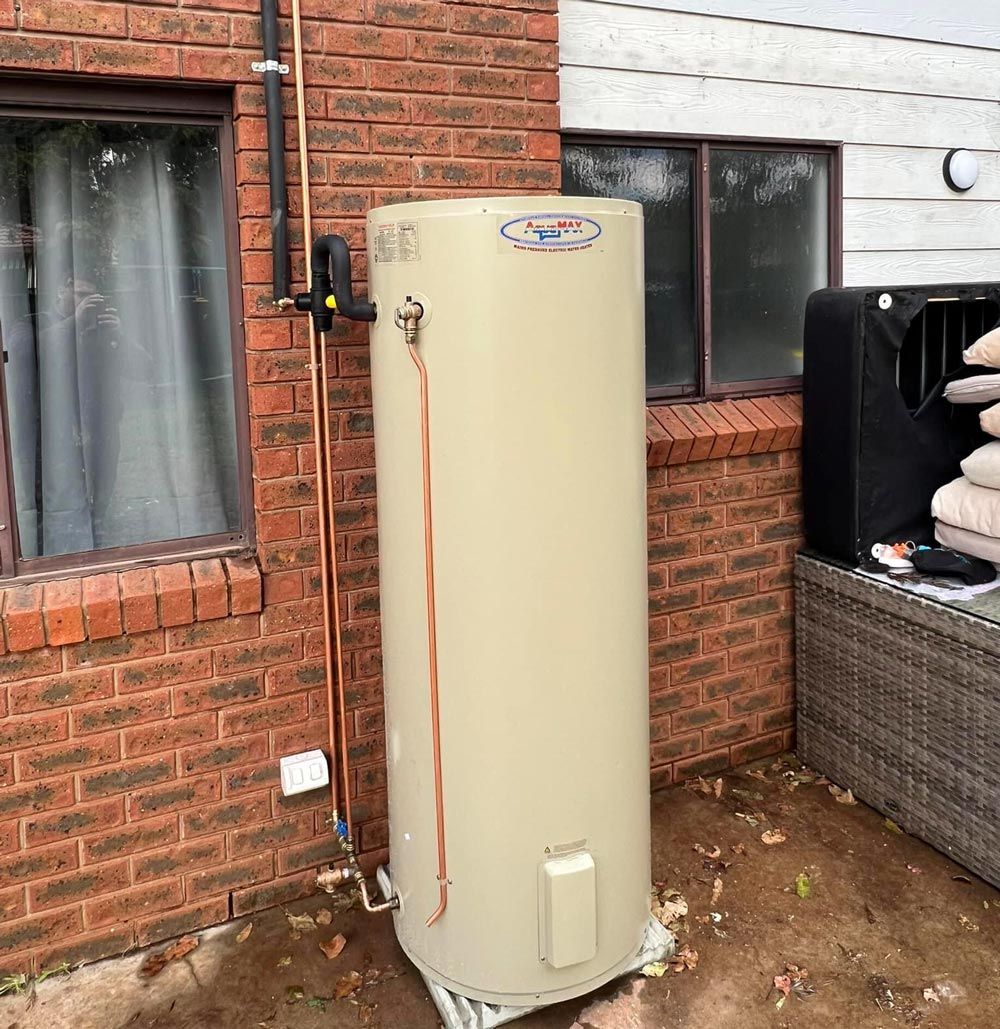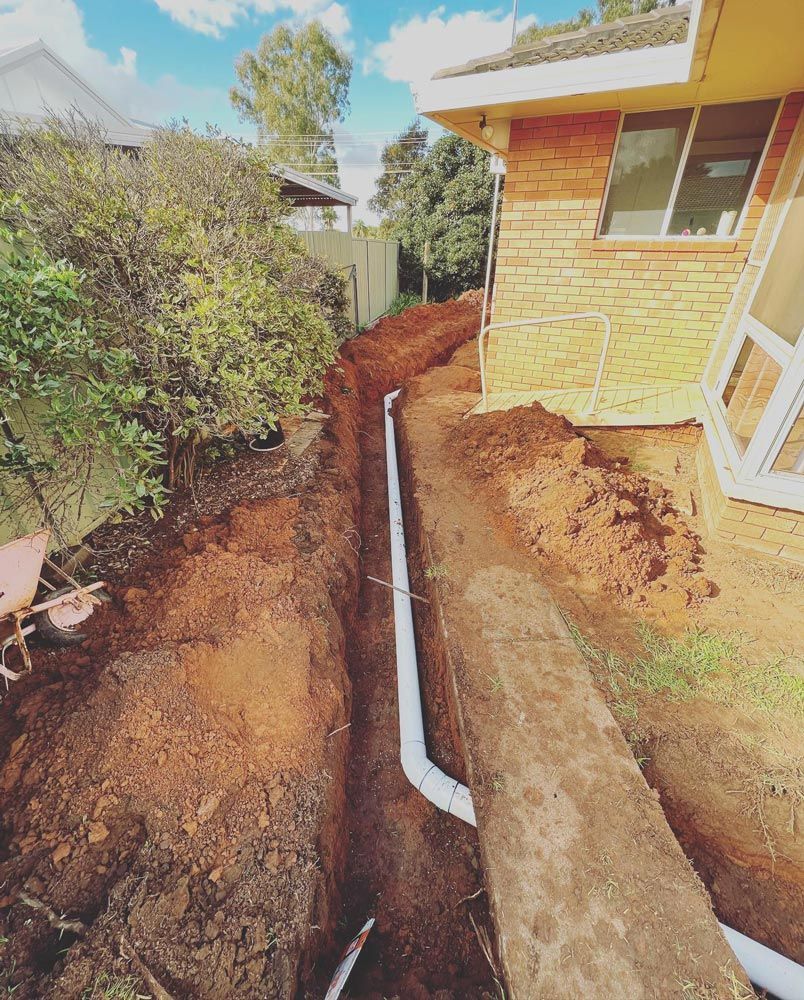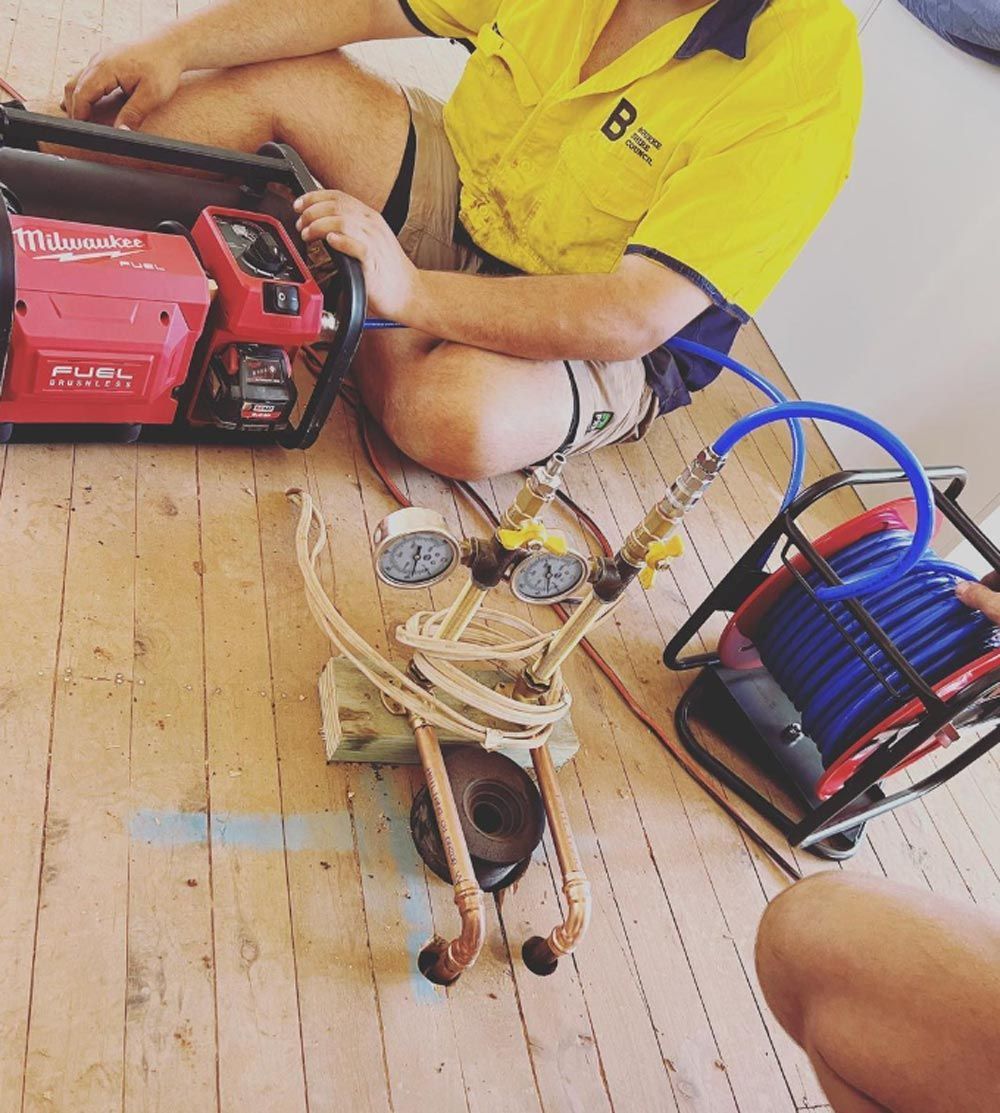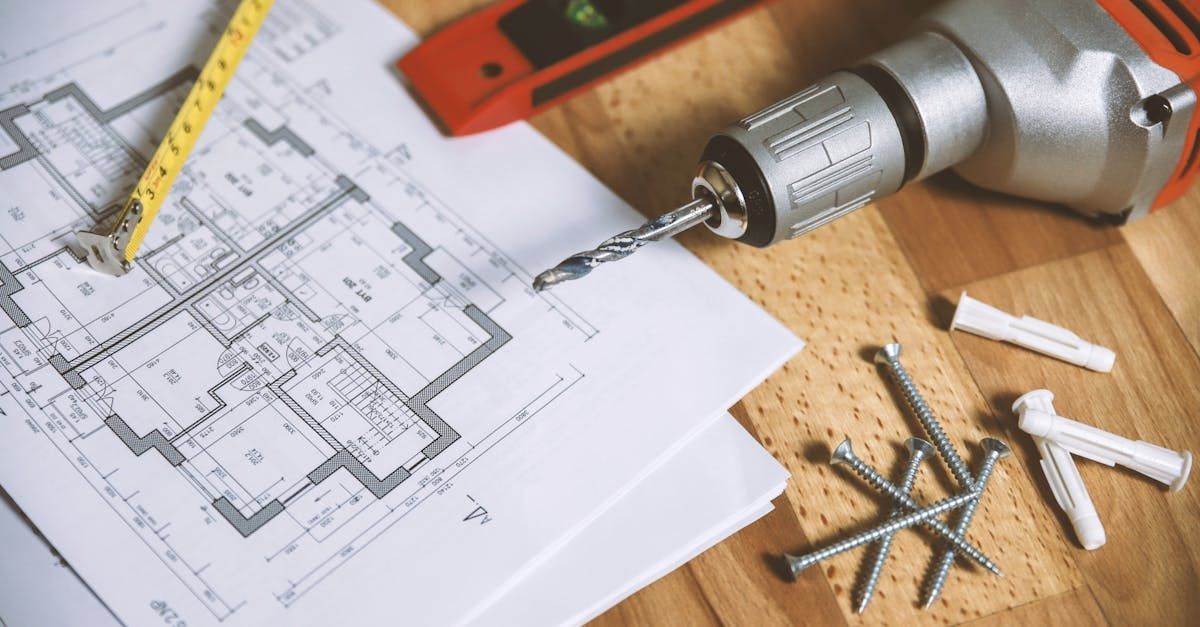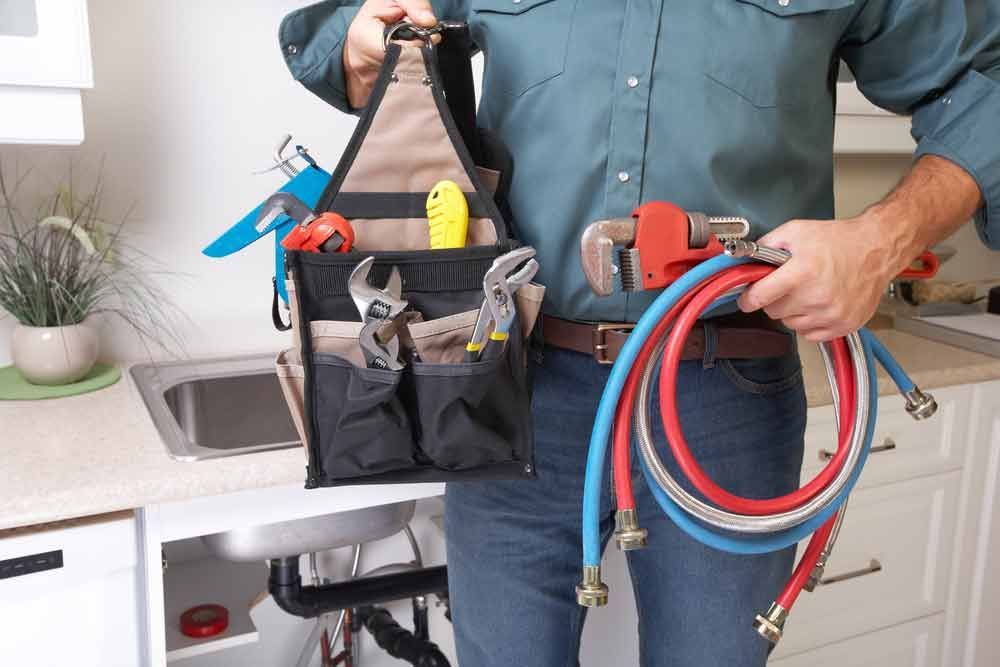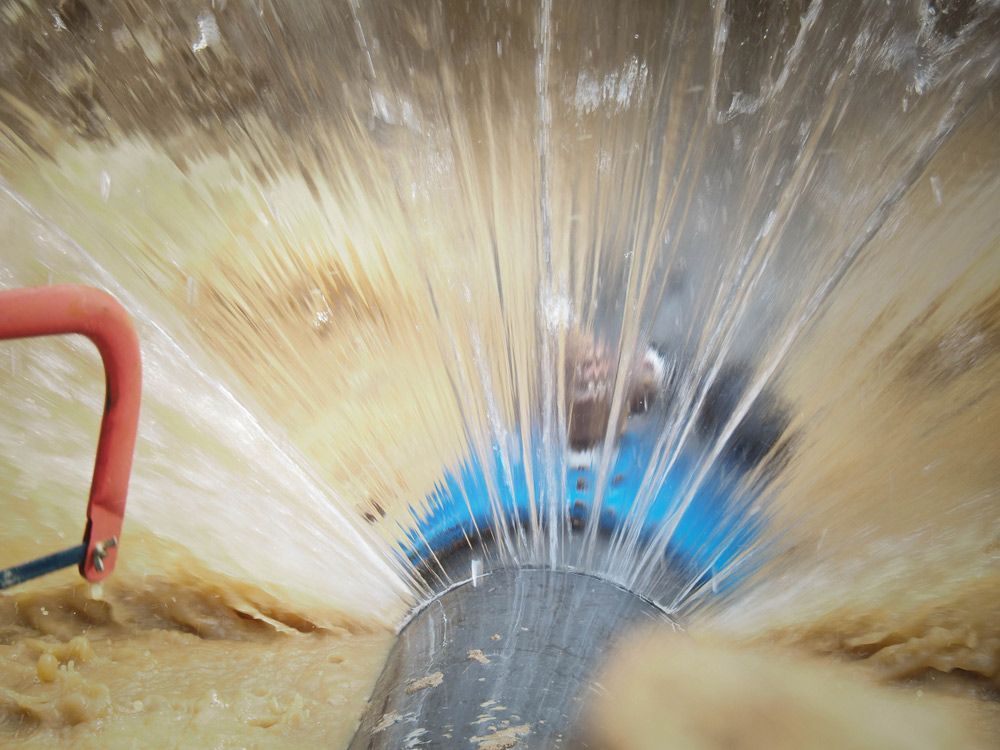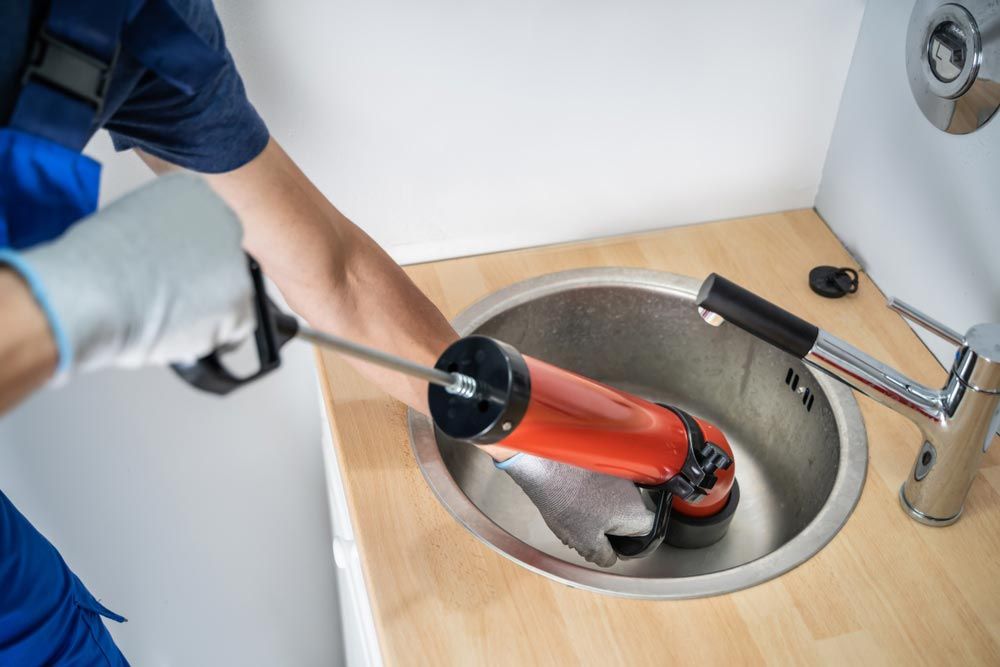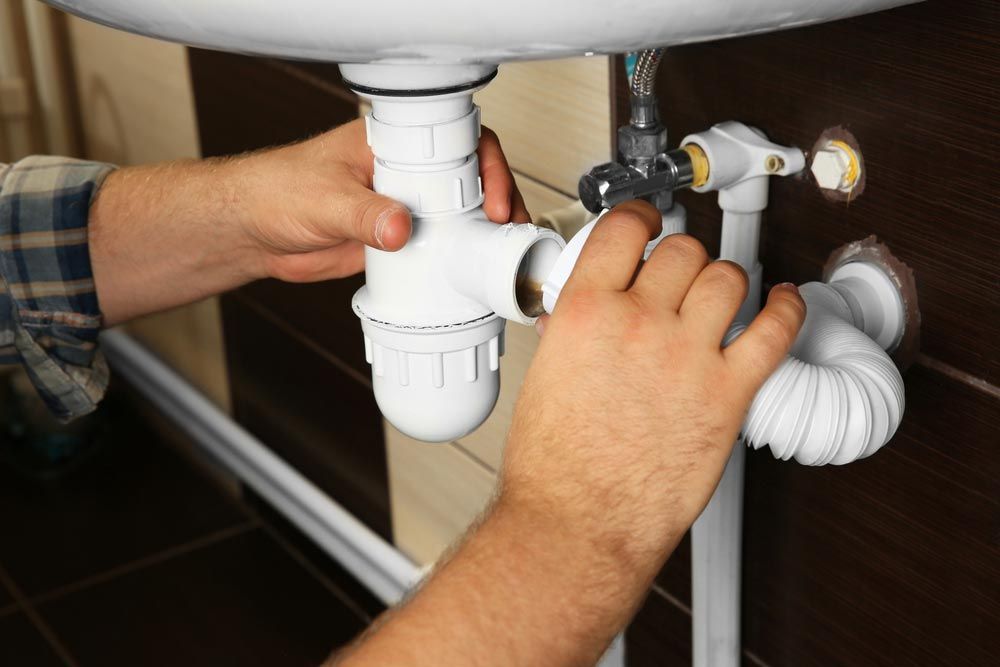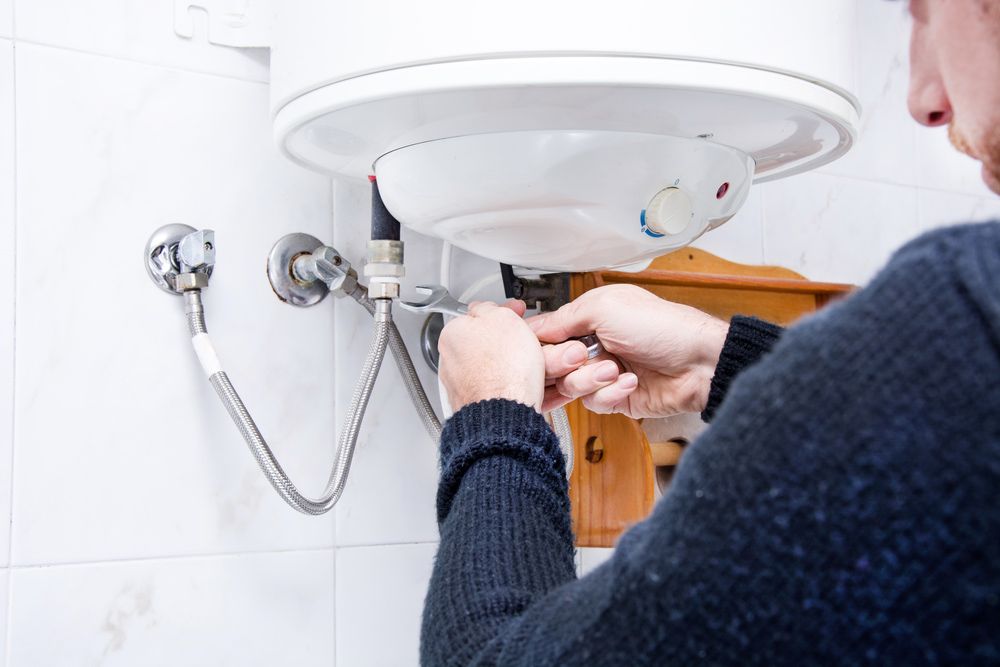Why Won’t My Tap Turn Off? Common Causes & How To Avoid Them
Ever struggled with a tap that won’t stop running? It’s a frustrating issue that wastes water, raises bills and causes stress. But what causes this problem and how can you prevent it? Let’s explore the common culprits behind taps that won’t turn off and how to avoid a small drip turning into a big headache.
Worn Out Washers
One of the most common reasons a tap won’t turn off is a worn-out washer. The washer is a small but essential component that seals the tap when it’s closed. Over time, it can become worn, brittle or even dislodged, causing the tap to continue running.
How to Avoid It:
Regular maintenance is essential. A plumber can inspect your taps and replace washers before they cause issues.
Damaged O-Rings
O-rings are another small yet vital part of your tap’s inner workings. They help to prevent water from leaking around the spout. When they become damaged or worn out, your tap might continue to drip even after being turned off.
How to Avoid It:
O-rings should be checked during routine maintenance. If you notice any leaks around the base of the tap, it might be time to replace the O-ring. This relatively simple fix can prevent a minor leak from becoming a major issue.
Corroded Valve Seat
The valve seat is the connection between the tap and the spout. Over time, minerals in your water can cause corrosion, leading to leaks. This is particularly common in areas with hard water.
How to Avoid It:
Clean regularly to prevent mineral build-up. If corrosion occurs, the valve seat may need replacement. This typically requires a professional plumber, as it involves disassembling the tap and replacing parts.
Loose Tap Handle
A tap handle that feels loose or wobbly might seem like a minor annoyance, but it can be a sign that something is amiss. A loose handle might not fully close the valve inside the tap, leading to persistent drips or a steady stream of water.
How to Avoid It:
Tighten the tap handle as soon as you notice it’s loose. If tightening doesn’t fix the issue, it might indicate a more significant problem inside the tap that needs professional attention.
Faulty Cartridge
Modern taps, particularly mixer taps, often use a cartridge system. The cartridge regulates water flow and temperature. If it becomes faulty, water can continue to run even when the tap is turned off.
How to Avoid It:
Cartridges have a limited lifespan, so if your tap is several years old, it might need a replacement. This job is best left to a residential plumber, as it requires disassembling the tap and fitting a new cartridge properly.
High Water Pressure
While it might be nice to have a powerful stream of water when you turn on the tap, excessively high water pressure can cause problems. High pressure puts extra stress on the tap components, leading to wear and tear that can prevent the tap from shutting off properly.
How to Avoid It:
If you suspect your water pressure is too high, a plumber can test it and install a pressure-reducing valve if necessary. This simple adjustment can extend the life of your plumbing fixtures and prevent issues down the line.
Need a Reliable Plumber in Dubbo? Schedule Your Tap Repair Today!
At Mainline Plumbing & Civil, we understand the frustration of dealing with a tap that won’t turn off. Our team is here to help with all your residential plumbing needs, from routine maintenance to emergency repairs. Whether you’re searching for a “plumber near me” or need comprehensive plumbing in Dubbo, we’ve got you covered. Don’t let a minor problem become a significant expense—contact us today for reliable, professional plumbing services.
